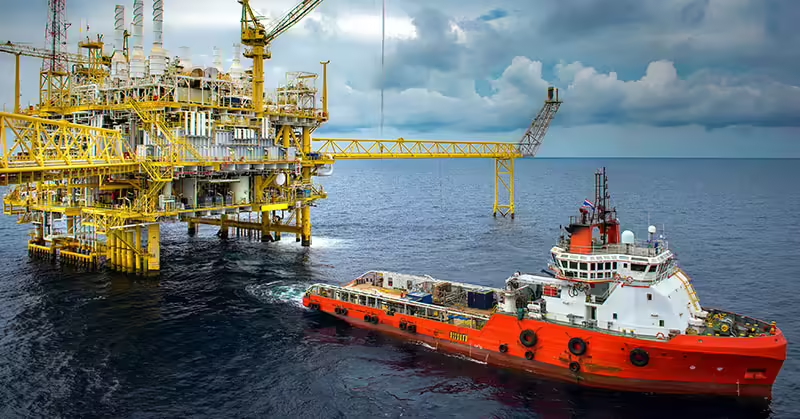Seeking Compensation for Offshore Injuries
July 14, 2015

Many offshore workers face dangerous conditions on a near daily basis that put them at risk for serious, and in some cases life-threatening, injuries. Recognizing the dangers inherent in working in open waters, in 1920, the federal government enacted the Jones Act – officially known as the Merchant Marine Act of 1920 – in order to provide legal protections to offshore workers.
As someone who works offshore, it is important to have at least a basic understanding of your rights under the Jones Act. In this article, our Houston maritime lawyers provide an overview of four key topics relating to Jones Act claims:
- Distinguishing Jones Act claims from ordinary claims for workers’ compensation
- Who qualifies for protection under the Jones Act
- What it means to be on board a “vessel in navigation,” which is a requirement for coverage
- The compensation available for successful Jones Act claims
Jones Act Versus State Workers’ Compensation
The Jones act provides additional protections for offshore workers beyond those available through workers’ compensation. While ordinary workers’ compensation claims only provide benefits for medical expenses and a portion of your lost wages, with a Jones Act claim you can seek to recover all of your losses from your employer.
The tradeoff is that, while workers’ compensation is a “no fault” system, in order to prevail on a claim under the Jones Act you need to be able to prove that your employer was negligent in causing or allowing your injuries to occur.
Injured offshore workers may be able to bring other maritime law claims as well.
Workers Who Qualify for Protection Under the Jones Act
The Jones Act’s protections apply to offshore workers, which the statute terms as, “seamen.” A seaman is anyone who works aboard a vessel that is afloat, in operation and capable of moving, and located in navigable waters.
In addition, a seaman’s job duties must, “contribute to the function of the vessel or to the accomplishment of its mission,” and he or she must spend a significant portion of his or her work hours on board.
Working Onboard a “Vessel in Navigation”
It is important to note that while the Jones Act only applies to “vessels in navigation,” this does not mean that its protections are only afforded to workers out at sea. Remember, the vessel must merely be afloat and capable of moving. If your ship is in port when you suffer your injury on board, you may still be entitled to compensation.
Floating offshore drilling rigs (“MODUs”) as well as jackup rigs and other mobile offshore drilling vessels are covered by the Jones Act. Meanwhile, workers injured on fixed platforms often are not entitled to compensation under the Jones Act. However, other federal statutes – such as the Outer Continental Shelf Lands Act (“OCSLA”) – may still provide opportunities for seeking full compensation.
Compensation Available for Jones Act Claims
As we mentioned earlier, unlike state workers’ compensation claims, Jones Act claims are not subject to special limits on the damages available. This means that offshore workers who are protected by the Jones Act can seek full compensation from their employers for their work-related injuries. Along with medical bills and lost wages, injured seamen can also recover damages for pain, suffering and other non-economic losses.
Contact Experienced Houston Jones Act Lawyers Today
If you have been injured while working at sea or aboard a vessel in port, our experienced Jones Act attorneys at Morrow & Sheppard LLP can help you fight for maximum compensation. To get started with your claim, call (800) 489-2216 or request a free consultation online today.
- Home
- |
- Offshore Injury
- |
- Seeking Compensation for Offshore Injuries















































